A migraine is a common health problem within the UK and developed world. A migraine is usually a pain that occurs on the side or front of the head. Though other symptoms are also reported by people who suffer from migraines.
Migraines are sometimes mistaken as headaches. But there are some significant differences between the conditions.
People with migraines can experience the condition several times a week or only occasionally. When a migraine occurs, it can leave the sufferer unable to continue with regular activities.

There are two main types of migraine
Migraine with aura:
Before the appearance of a migraine there are warning signs such as a vision of flashing lights
Migraine without aura:
The migraine occurs without any warning signs.
There are also migraines which are known as silent migraines. These display the warning signs of a migraine but without the throbbing feeling of the headache.
Read more information about the symptoms of a migraine.
Causes of a migraine
It is widely thought by experts that migraines are a result of changes in the blood vessels and chemicals in the brain. However, there is no confirmed evidence of the cause of migraines.
Migraines may be hereditary. It is also understood that the majority of people who experience migraines also have a close relative with the condition.
Migraines are often triggered by external events. A migraine is common whilst a person is experiencing one of the following situations:
- Eating some types of food
- Under stress
- Beginning their period
- Feeling very tired
Read more information about the causes of migraines.
Are migraines different to headaches?
Symptoms of a migraine differ from those of a headache.
A tension headache will produce the following symptoms:
- A mild intensity which is distracting rather than debilitating
- A pain which is evenly distributed throughout the head
- No previous warning signs
Symptoms of a migraine include:
- A feeling of throbbing which can produce debilitating effects
- A pain which is only on the front of the head or on one side
- Additional symptoms such as nausea and vomiting
- An increased sensitivity to sound and light
- Warning signs before an attack known as an Aura
Do I need to seek medical advice?
A frequently occurring migraine may require additional medication or preventative treatment. If you notice the symptoms of a migraine on more than 5 days in a month, then you should consult your GP if regular pain killers are not helping.
Some symptoms of a migraine are severe and will require an ambulance. If you notice that you or someone else is suffering from a severe symptom of a migraine then you should call an ambulance straight away.
Severe symptoms may be a sign of a more serious condition such as meningitis or a stroke. Severe migraine like symptoms include:
- One side of the face or arm becomes paralised
- you experience garbled or slurred speech
- sudden extremely painful headaches
- a headache which is accompanied by a high temperature, double vision, a stiff neck, confused thoughts or a rash
How are migraines treated?
Migraines cannot be permanently cured. There are some ways however to reduce the effects of one when it occurs.
It is usually helpful for someone with a migraine to find a dark room to lay down in and try to sleep. Other people find that eating can help during an attack. It is also common for people to feel better after being sick.
Other treatments include:
- Painkillers such as paracetamol and ibuprofen
- Triptans
- Anti-emetics
Read more information about treating migraines.
Nutrition Advice for Migraines
There are some dietary triggers which can induce a migraine. The main foods which are recognised as increasing the frequency of a migraine are cheese, chocolate and alcohol.
Common foods that can cause a migraine include:
- Chocolate
- Cheese
- Caffeine drinks such as tea, coffee or energy drinks
- Dehydration
- Alcohol
- Dieting
- Food additives such as tyramine
- Irregular meals
- Citrus fruit
Reducing the amount of trigger foods that you eat can help make it easier to live with a migraine condition.
Each person reports different results from a change in diet so it is important to try experimenting with removing some foods from your diet. You should also ensure that you do not miss meals. It is often reported that going without food or drink for a long period can induce a migraine.
A nutritionist can help offer advice on the types of food that may be causing your migraine. By creating a planned diet, a nutritionist can help you to discover if there are any trigger foods that you can remove or replace.
It can be difficult to keep to a strict diet without help. A nutritionist can offer alternatives to the food that you are avoiding so that you do not feel that you are missing out on the food that you enjoy.
Further reading
Read more about migraines on the NHS website.
Visit the Migraine Trust website.
